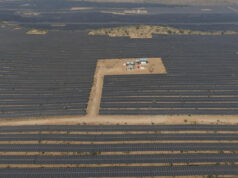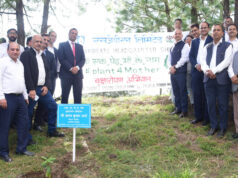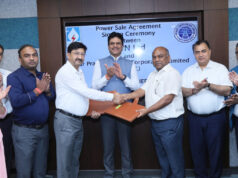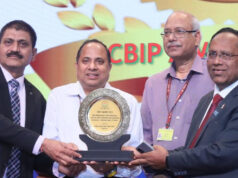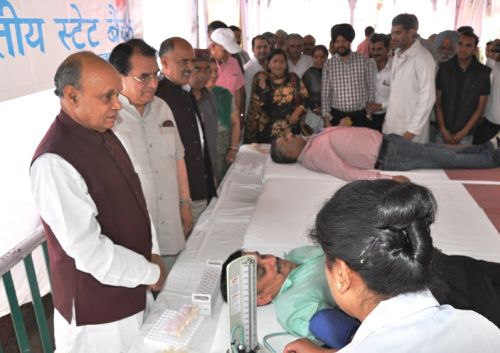New Delhi – Tata Power, ACME, and JUNIPER have emerged as the leading contenders in SJVN’s recent E-Reverse Auction (e-RA), reshaping India’s energy landscape and marking a significant stride toward a greener future.
The auction, conducted by SJVN, aimed at selecting Renewable Power Developers for the supply of 1500 MW Power Projects integrated with Energy Storage Systems, attracted substantial attention from key players in the energy sector. These top bidders secured their quoted capacities at an impressive tariff of approximately Rs. 4.38 per unit, a testament to their dedication to clean energy and India’s growing potential in the renewable energy market.
Nand Lal Sharma, Chairman & Managing Director of SJVN, expressed his satisfaction with the outcome of the auction. He highlighted that this success aligns perfectly with the Ministry of New and Renewable Energy’s (MNRE) vision of achieving 500 GW of installed electricity capacity from non-fossil fuel sources by 2030. This ambitious target has spurred the Indian government to take decisive steps to invite bids for 50 GW of renewable energy capacity each year for the next five years, spanning from the financial year 2023-24 to 2027-28.
Coordinated efforts among Renewable Energy Implementing Agencies (REIAs) are crucial to avoiding concurrent bidding for similar projects, as Sharma emphasized. The MNRE has prepared a comprehensive roadmap to facilitate the bidding of 50 GW of renewable energy projects annually. This plan is a vital step toward achieving the 500 GW milestone by 2030, which is in line with India’s environmental and energy-related goals.
To align with the government’s objectives, SJVN will soon issue bids for Renewable Energy Projects. These bids will comply with the relevant Standard Bidding Guidelines provided by the government and adhere to MNRE’s guidance in the tendering process. Simultaneously, the Ministry of Power is actively engaged in expanding and enhancing the transmission system’s capacity. This expansion is vital for evacuating 500 GW of electricity generated from non-fossil fuel sources and is integral to the realization of India’s clean energy ambitions.


